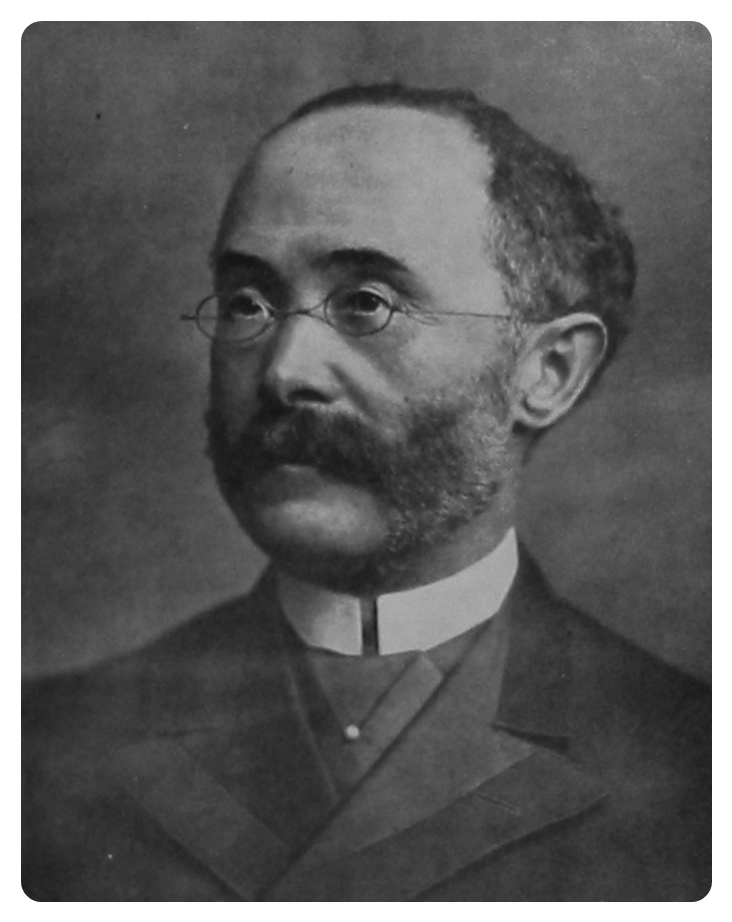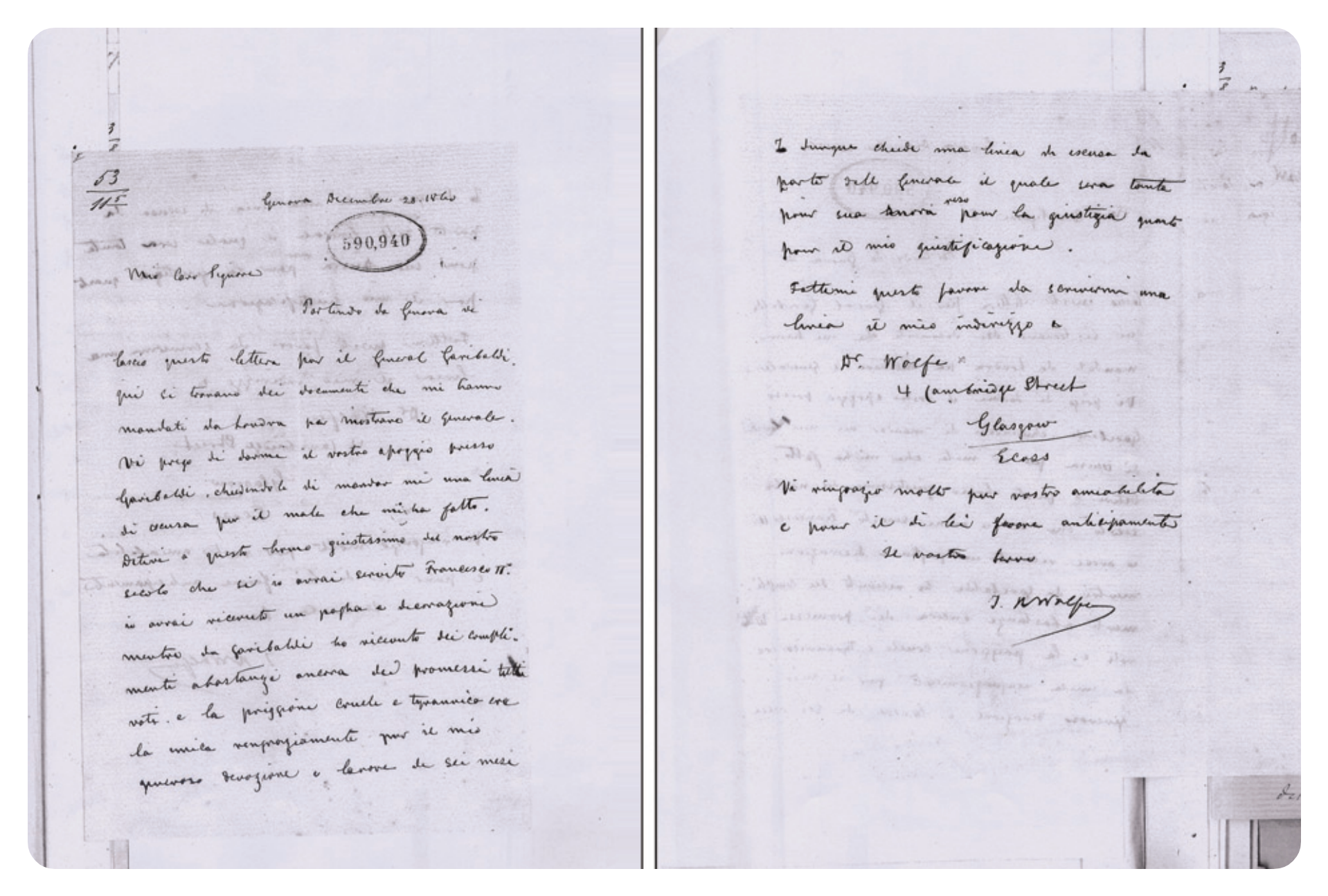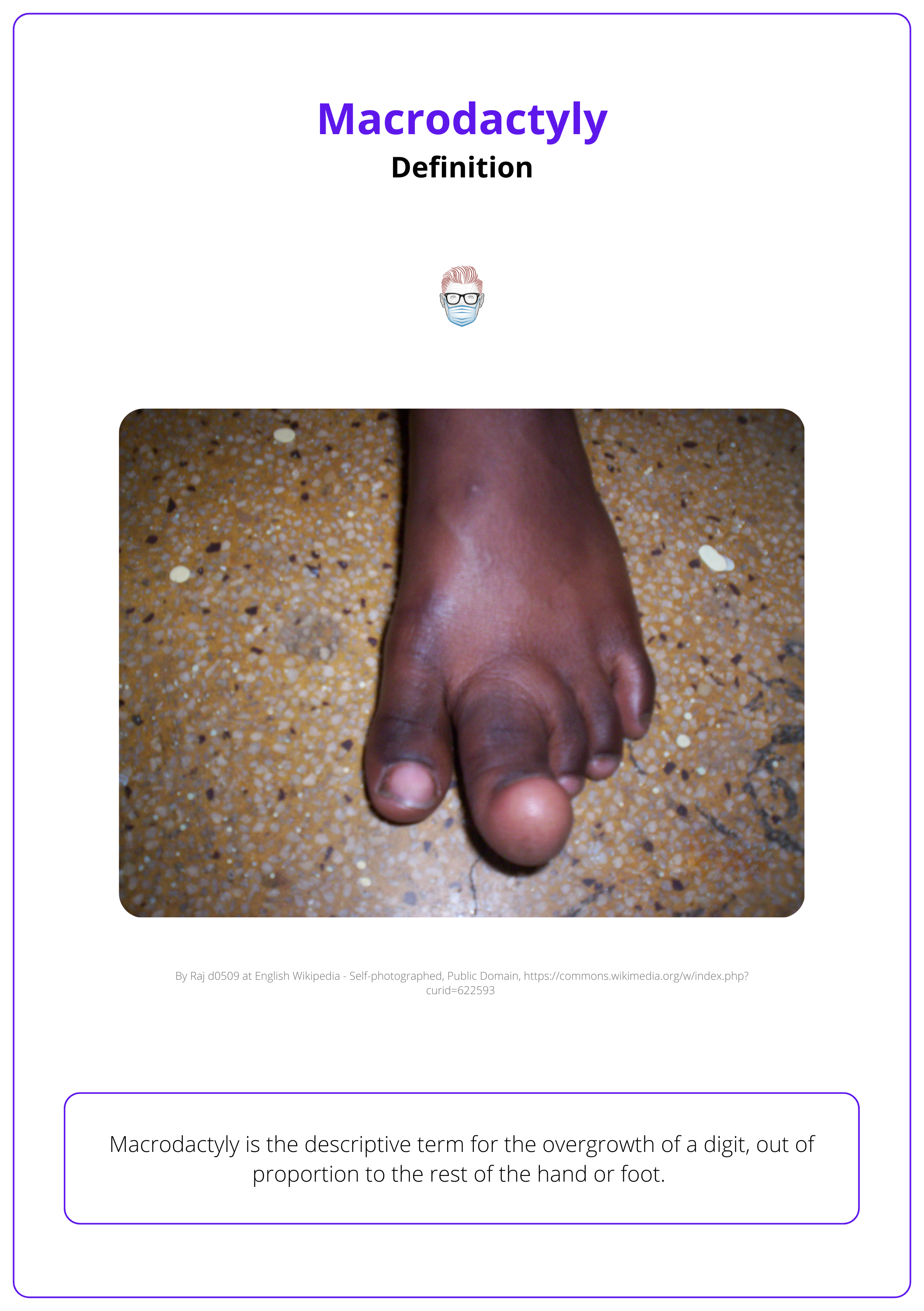In this week's edition
- ✍️ Letter from P'Fella
Full Thickness Skin Graft: The Origin Story - 🤓 The Sunday Quiz
How well do you know the Mathes and Nahai classification? - 🎙️ Behind the 'Fella
Sneak peek from episode 04: Best plastic surgery resources. - 🎓 theFellow's Corner
This week's feature: Macrodactyly. - 📖 What Does the Evidence Say?
Best graft insetting/fixation technique - 🔥 Articles of the Week
How to examine the breast & more!
3 articles with 1 sentence summaries. - 💕 Feedback
Suggest ideas & give feedback!
A Letter from P'Fella
Full Thickness Skin Graft: The Origin Story
Ever done an operation and wondered, "Who was brave enough to do this first?" Take full-thickness skin grafts, for example. Doing one back in the day must have been pretty wild. So, who did it first? Turns out, a couple of guys might be getting credit for someone else's work.
👇
Let’s go back to the late 19th century. No internet, no modern anesthesia, just raw scientific curiosity and a drive to innovate. Enter the pioneers of full-thickness skin grafts: Wolfe, Lawson, and Krause.
🌟 Wolfe's Leap Forward
In 1875, John Reissberg Wolfe—probably a name most people haven’t heard of—made a significant contribution. The graft was initially called the Wolfe graft. He corrected an ectropion with a graft cut—pretty brave stuff. But did he really do it first?

🇬🇧 Lawson’s Unsung Contribution
A few years earlier, George Lawson had been experimenting with similar techniques, but his work never got the spotlight it deserved. He described it around 1870 and 1871.

🇩🇪 Krause’s Impact
Fast forward to 1893, Fedor Krause took the stage at the XXIII Congress of the German Surgical Association, advocating strongly for the Wolfe graft. His endorsement and successful transplantation of 21 cases cemented the technique’s reliability.
Lots of love,
P'Fella ❤️
The Sunday Quiz
How Well Do You Know The Mathes and Nahai Classification?
Welcome to the next round of The Weekly Quiz.
Each edition of thePlasticsPaper includes a quiz question designed to challenge and engage our readers. Keep your wits about you and join in every week — the winner at the end of six rounds will earn you a $100 voucher.

Behind the ‘Fella
Sneak Peek from Episode 04
Tune into our podcast for exclusive team meetings where we uncover behind-the-scenes details of the platform and discuss hot topics in plastic surgery with our fellows.
In our upcoming episode, we explore the best plastic surgery resources!
You can subscribe on Spotify & Apple.
If there's a specific discussion you're interested in, let us know below.
the Fellows' Corner
This Week's Focus: Macrodactyly
In case you've missed out, here's a reminder to check out our fresh articles, clinical cases, and surgical techniques.
Read below for an overview of our article on Macrodactyly.

Macrodactyly
Definition
Macrodactyly is the term for the overgrowth of a digit, out of proportion to the rest of the hand or foot.
Clinical Features
Macrodactyly results in overgrowth of the entire digit(s) out of proportion with the rest of the hand or foot.
Investigations
X-rays, MRI, and gene analysis may be offered as part of the diagnostic process.
Management
Surgical management aims to stop overgrowth and debulk the digit. Addressing the nerve is important in reducing recurrence.
What Does the Evidence Say?
Best skin graft insetting technique
The beveled edge technique for harvesting FTSGs can improve graft placement and cosmetic outcomes (B. A. Shook et al., 2005). A simple method for bloodless FTSG harvest has been described, saving time during the procedure (M. Taifour Suliman, 2009).
A donor skin-sparing technique allows for smaller donor sites while maintaining graft viability (J. Lane & Margaret Symington, 2009). Absorbable sutures, particularly plain gut, are preferred for FTSG placement, and various securing methods have shown efficacy (Mitchell Davis et al., 2021).
To improve accuracy, a technique for transferring the contour of the skin defect from the recipient to the donor site has been developed (A. Rennie & L. Hanu-Cernat, 2013).
Articles of the Week
3 Interesting Articles with 1 Sentence Summaries
No studies have found a significant difference between tie-over dressings and alternative graft fixation technique, with the most evidence for simple pressure dressings and quilting/mattress suturing.
A technique of free full thickness skin graft fixation utilising central and paracentral sutures between the graft and the depths of the recipient bed is described.
The continuous quilting technique provides a faster, more efficient FTSG inset, surpassing interrupted sutures and tie-over dressings without compromising graft success.


